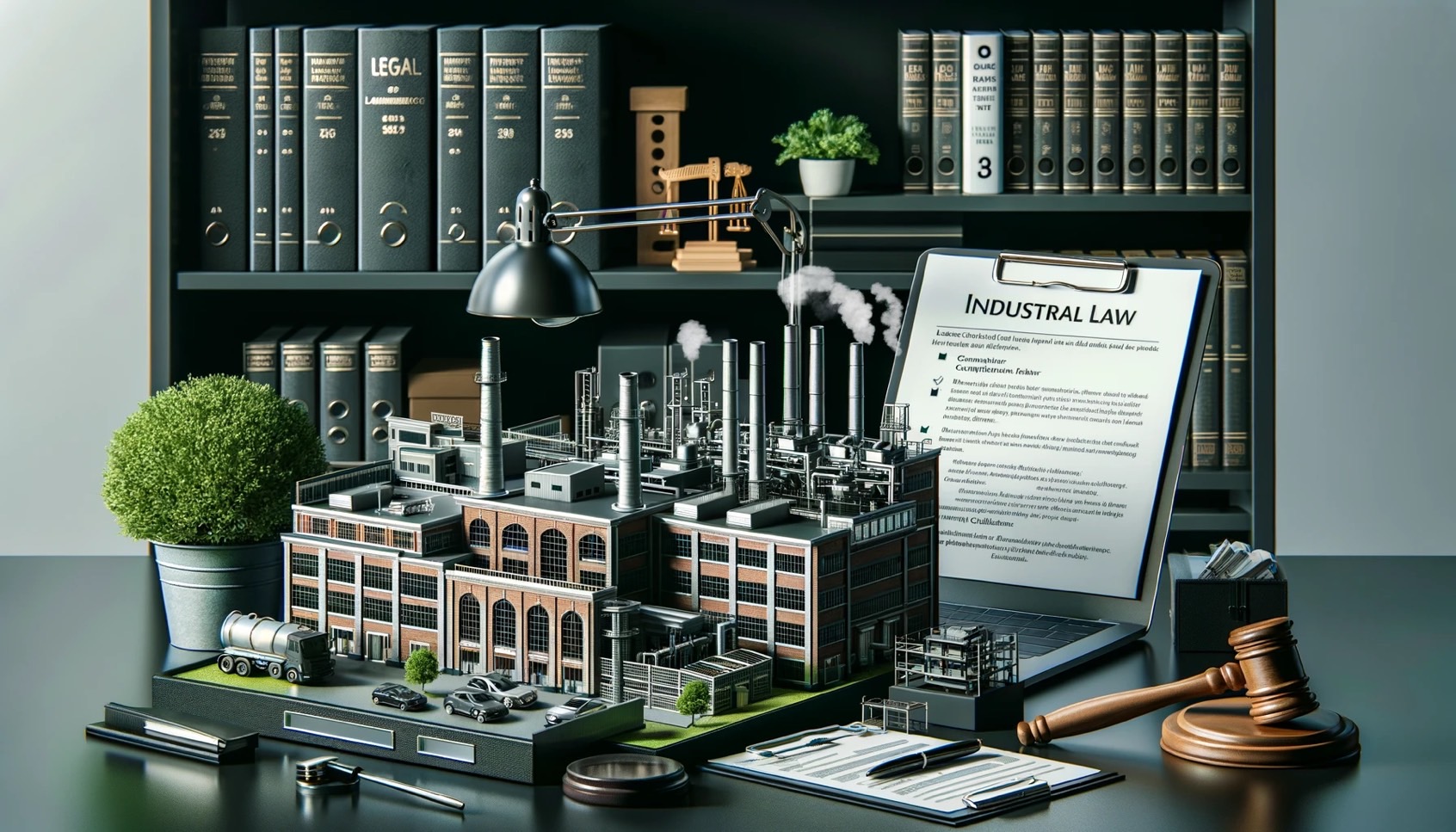Factory laws are a critical aspect of industrial regulation, ensuring that manufacturing processes are safe, environmentally friendly, and in compliance with labor standards. Here’s an overview of the key elements typically involved in factory laws, drawing on general principles that apply in many jurisdictions, including specific references where applicable:
1. Establishment and Operation
- Factory Licensing: Factories must obtain licenses to operate, which require compliance with various safety and environmental standards.
- Building and Land Use: Compliance with zoning laws and building codes is mandatory. This includes ensuring that the factory is built in an area zoned for industrial use and meets structural safety standards.
2. Environmental Regulations
- Pollution Control: Factories are required to manage waste and emissions, adhering to national and local environmental protection standards to minimize their impact on air, water, and soil.
- Hazardous Materials: The storage, handling, and disposal of hazardous materials must comply with strict regulations to prevent environmental contamination and exposure risks.
3. Health and Safety
- Workplace Safety: Laws mandate that factories maintain safe working conditions. This includes machinery safety, use of protective equipment, and safe handling of chemicals.
- Accident Reporting and Emergency Response: Factories must have procedures in place for reporting accidents and responding to emergencies, including fires and chemical spills.
4. Labor Laws
- Working Hours and Conditions: Regulations often define the maximum working hours, break periods, and overtime compensation.
- Child Labor and Forced Labor: Laws prohibit the employment of children under a certain age and outlaw forced labor practices.
- Right to Organize: Workers in many jurisdictions have the right to form and join trade unions and engage in collective bargaining.
5. Compliance and Inspections
- Regular Inspections: Government authorities conduct regular inspections to ensure compliance with labor, safety, and environmental regulations.
- Penalties and Sanctions: Non-compliance can result in fines, closure of the factory, or criminal charges against the owners and managers.
6. Specific Regulations by Country
- For example, in Thailand, the Factory Act B.E. 2535 (1992) regulates factory operations, focusing on pollution control, worker safety, and building standards. Factories are categorized based on size and risk, with different compliance requirements for each category.
Navigating factory laws requires a thorough understanding of multiple areas of regulation. Factory owners and managers often work closely with legal experts to ensure that their operations are fully compliant with all applicable laws to avoid penalties and enhance the safety and efficiency of their operations.

